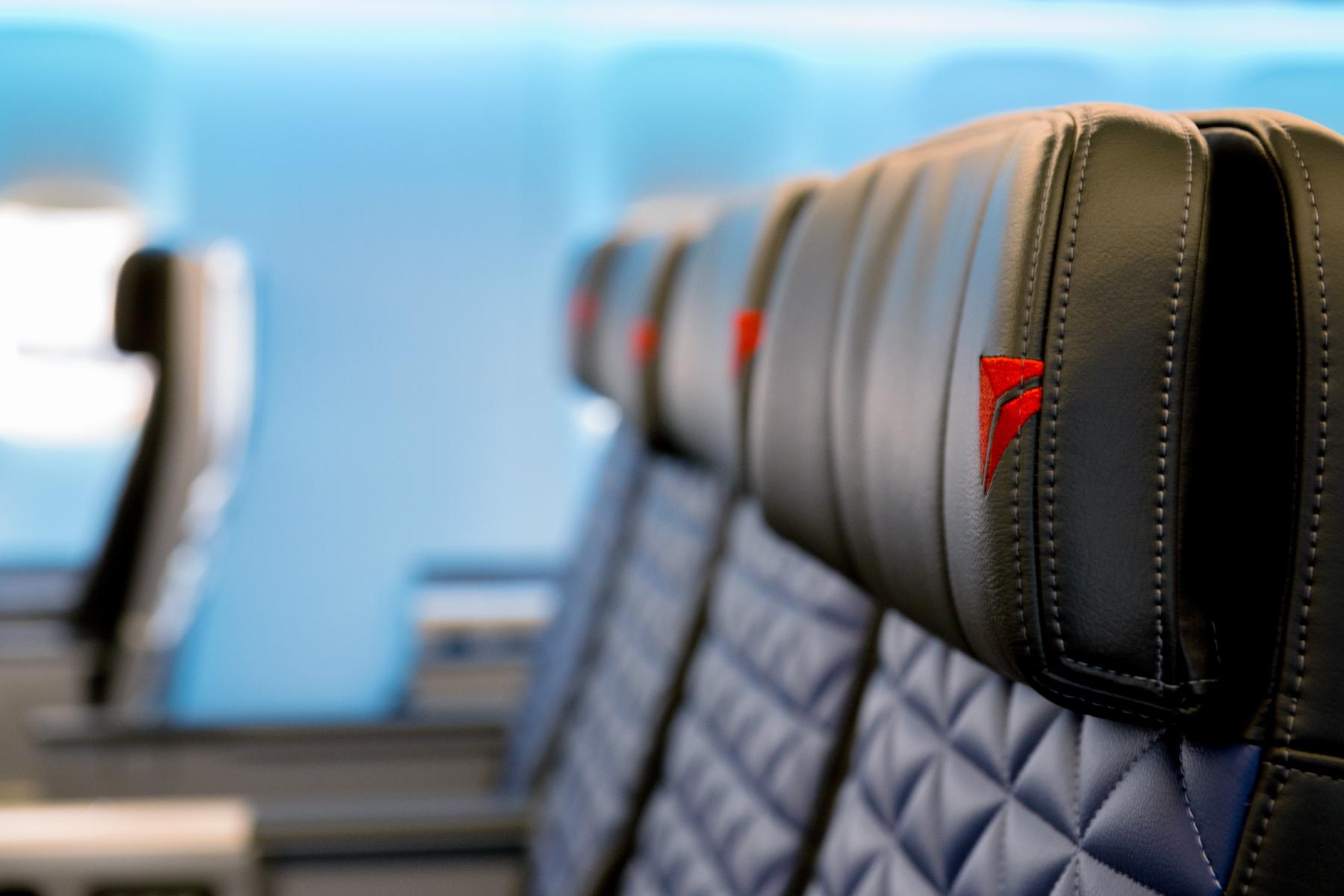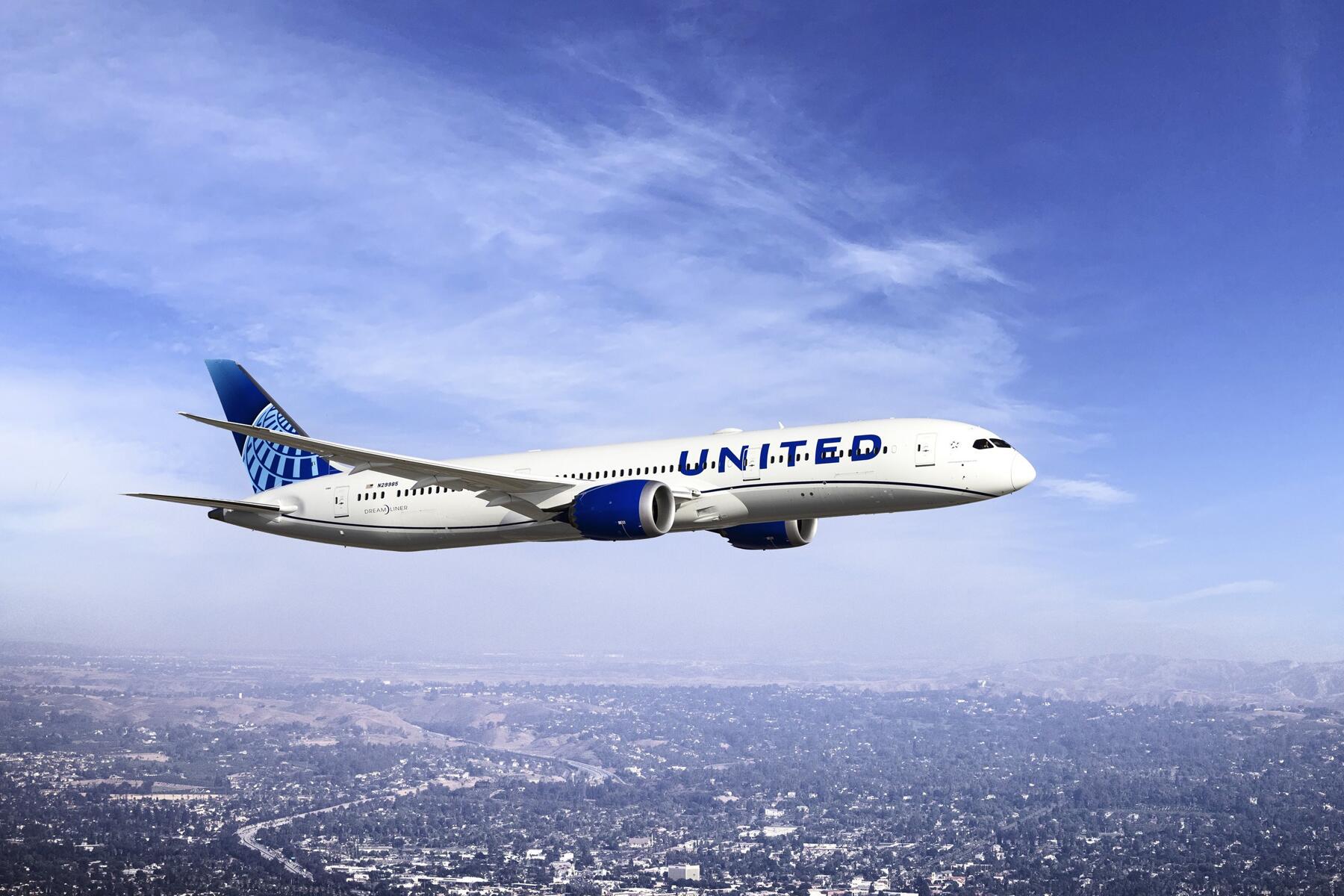The Department of Transportation is implementing new rules for air travel, but will they make a meaningful difference?
T
ravel is returning, but with flight delays, pilot shortages, and unprocessed luggage clogging up terminals—it has been a bumpy ride. More than ever, passengers are asking for compensation, vouchers, and reimbursement when things go wrong. The problem is, the U.S. Department of Transportation (DOT) is notoriously stingy when it comes to compensating airline passengers for canceled flights and delays.
Unlike in Europe, where there are strict regulations regarding flight delays and cancellations and compensation set based on the time of the delay and length of the flight, the DOT states on their website that there are no federal laws requiring airlines to provide passengers with money or other compensation when their flight is delayed. The DOT has made it clear that airline policies vary depending on the airline, with some airlines providing meals or hotel stays in the event of a delay and others providing nothing at all.
This leads to an “every man for themselves” scenario, where compensation can vary greatly depending on the airline with which you fly, elite status (or lack thereof), and the ability to negotiate with the gate agent or customer service agent assigned to you.
Top Picks for You
Recommended Fodor’s Video
There’s also currently very little recourse in the event of a cancellation. The only requirement of U.S. airlines is that they reimburse you for your ticket and associated fees like baggage costs and seat upgrades. However, the DOT notes, “Airlines are not required to reimburse you for any trip costs affected by the canceled flight, such as a prepaid hotel room, a cruise, a vacation, concert or other tickets, or lost wages.”
As Americans, the coverage of these expenses and any inconveniences caused by a trip delay or cancellation falls largely on travel insurance or travel credit cards. Those who can afford and have the credit score to qualify for premium credit cards are the most protected in the event of a trip disruption.
Over the past two years, these policies have been put to the test as there is an ongoing pilot shortage, fewer available routes, and fluctuations in demand for travel. Secretary of Transportation, Pete Buttigieg, has taken it upon himself to address these issues with action and new pending policies. The DOT created an Airline Customer Service Dashboard, which debuted in September 2022, along with new pending regulations that aim to clarify the refund and reimbursement process.
Airline Customer Service Dashboard
Prior to the launch of the Airline Customer Service Dashboard, consumers wanting to know their rights on a specific airline were limited to discussions with gate agents or combing through the terms of service in their airline contracts. The average person, deterred by the legalese, would often be unaware of the required compensation.
This new customer service dashboard aims to change all that. Sorted by carrier, it offers a simple checklist to see what is covered—from hotel stays for overnight delays to rebooking with a partner airline at no additional cost. Additionally, there is a direct link to each airline’s customer service plans, so passengers don’t have to track this information down themselves. Basically, the new dashboard serves as an information aggregator, allowing travelers to easily find applicable airline policies.
New Proposed DOT Regulations
On August 3, 2022, the DOT proposed new rules regarding ticket refunds in the event of a cancellation or delay. Unfortunately, these rules do not provide additional compensation for your inconvenience in the form of cash or vouchers beyond the ticket refund, simply money back to the original form of payment.
The DOT currently states that consumers are entitled to a refund if the airline makes a “significant” schedule change or delays a flight. A refund is only available if the passenger chooses not to accept any new flights or changes to their original itinerary. This means customers can already request a refund if there are significant changes to their existing route or itinerary, provided they opt out of any alternative flights offered by the airline.
The DOT’s proposed changes would finally define “significant” delays or changes to be three hours or more for domestic flights, six hours for international flights, a change of arrival or departure airport, additional connections, or a change of aircraft resulting in different onboard amenities.
The remedy would be the same–passengers must refuse to accept any alternative flight offered by the airline to get a refund. No alternative route would be provided, no refunds for associated losses or disturbances to related bookings, and no additional compensation for the inconvenience.
The more meaningful changes proposed would require airlines to offer vouchers without expiration dates and to provide refunds in the event passengers are not able to fly for pandemic-related reasons. This includes government-mandated bans on travel, closed borders, and passengers advised not to travel to because it would be a health risk to themselves and others.
What Rights Do Passengers Have in the Meantime?
As the laws stand, there are certain circumstances covered by the DOT that are separate from flight delays and cancellations:
Airlines must compensate passengers for delayed luggage for “reasonable, verifiable, and actual incidental expenses,” subject to maximum liability limits. These legal terms are meant to be applied case-by-case and vary depending on the situation.
For instance, if you need to buy winter clothing while waiting on your delayed baggage, buying a Gucci jacket may not be considered reasonable. The expenses need to be verified, meaning passengers must keep and provide receipts. Finally, expenses should be incidental, meaning you only had to make the purchase because the airline failed to deliver luggage on time, not because you wanted to go on a shopping spree.
For lost luggage, airlines are required to compensate passengers for the bag’s contents, subject to depreciation and maximum liability limits.
For damaged luggage airlines are responsible for repairing or reimbursing a passenger for damaged baggage and/or its contents. Passengers must show their luggage was damaged while under the airline’s control, not before or after a flight. Passengers also need to prove how much the luggage and its contents were devalued. Typically, the easiest way to do this is with pictures and receipts.
Maximum liability limits for lost or damaged baggage are $3,800 for domestic flights and approximately $1,780 for international flights. If you spend more than this when your bag is delayed or claim your belongings were worth more than these amounts and are completely ruined, that money will not be reimbursed.
When planes are delayed on the ground before takeoff or upon arrival at U.S. airports, that constitutes a tarmac delay. For delays of three hours or more for domestic flights and four hours for international flights, passengers must be provided with water and a snack and the opportunity to deplane and return to the terminal if it is safe to do so.
When boarding is involuntarily denied, and a passenger is “bumped” from an oversold flight, the DOT states that passengers are entitled to double the one-way price of their flight, up to $775, for short delays. Longer delays are entitled to four-times the one-way price of the flight, up to $1,550. The definition of short and long delays is not specified, but generally, three hours or more is considered a long delay.
For tickets booked at least seven days before departure, the DOT mandates a 24-hour refund policy, allowing cancellation for any reason. In the alternative, airlines can provide a 24-hour hold of a ticket price without charging the consumer. This rule only applies to tickets purchased directly from the airlines, although third-party booking platforms can choose to enact a similar policy.
Airlines often try to claim weather or exceptional circumstances outside their control as an excuse for not refunding passengers, but that exception is not carved out under regulations. The DOT states that flight cancellation rules apply for any reason, and delay refunds are assessed case-by-case.
The U.S. has a long way to go in providing air travel assurances on par with other nations, and recourse is limited in the event a trip is disturbed. So how can passengers protect themselves?
To ensure you’re fully covered, book with a travel credit card that has delay and cancellation protections. Make reservations directly through an airline whenever possible. It’ll be easier to get reimbursed when you book directly with the airline instead of having to go through a third party like Expedia or Kayak.
If something goes wrong, use alternative customer service channels like Twitter or online chat, so you have a record of the conversation and aren’t speaking with an overwhelmed gate agent in person. For easy reference, use the new Airline Customer Service Dashboard to see what your airline provides.



